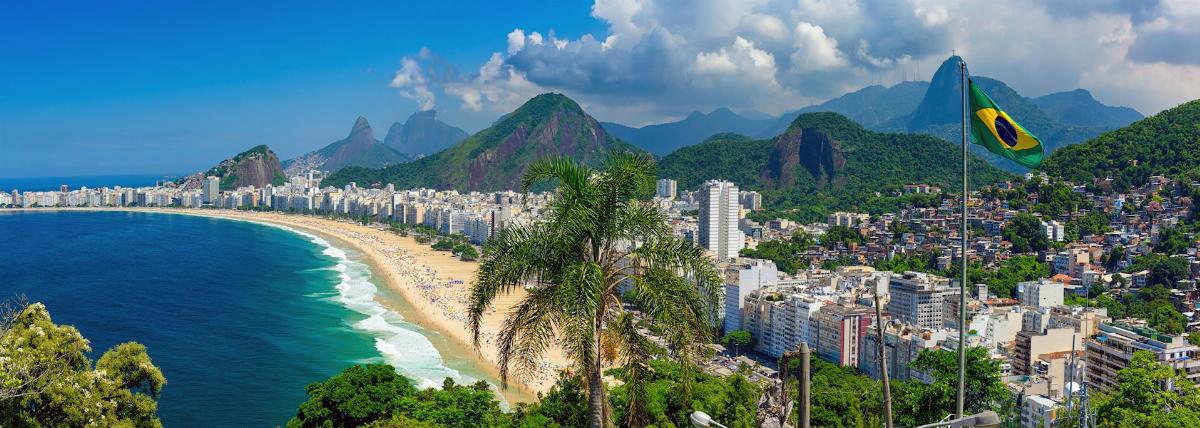
Brazil
Brazil, officially the Federative Republic of Brazil, is the largest country in South America and the fifth-largest in the world by both area and population. It covers an area of 8.5 million square kilometers (3.2 million square miles) and has a population of over 211 million people. The capital city is Brasília, and its largest city is São Paulo. Brazil is the only country in South America where Portuguese is the official language, a legacy of its colonial past under Portuguese rule, which lasted from 1500 until the country's independence in 1822.
Brazil is characterized by its diverse geography, which includes the Amazon Rainforest, the largest tropical rainforest in the world, as well as vast savannas, wetlands, and a long coastline along the Atlantic Ocean. The Amazon River, the second-longest river globally, runs through the northern part of the country. Brazil is also home to a rich variety of ecosystems and a high level of biodiversity, making it one of the most ecologically significant countries in the world.
The country has the largest economy in Latin America and is classified as an emerging market. It is a member of several international organizations, including the United Nations, the World Trade Organization, and the BRICS group of major emerging economies, which also includes Russia, India, China, and South Africa. Brazil’s economy is highly diversified, with key industries including agriculture, mining, manufacturing, and services. It is a major exporter of coffee, soybeans, iron ore, and oil.
Brazil has a multi-ethnic population, with influences from indigenous peoples, European settlers, African slaves, and immigrants from various parts of the world. Its culture is renowned for its music, particularly samba and bossa nova, as well as its annual Carnival festival, which is celebrated with parades, music, and dance. The country is also a powerhouse in global sports, particularly football (soccer), having won the FIFA World Cup a record five times.
Stichworte







